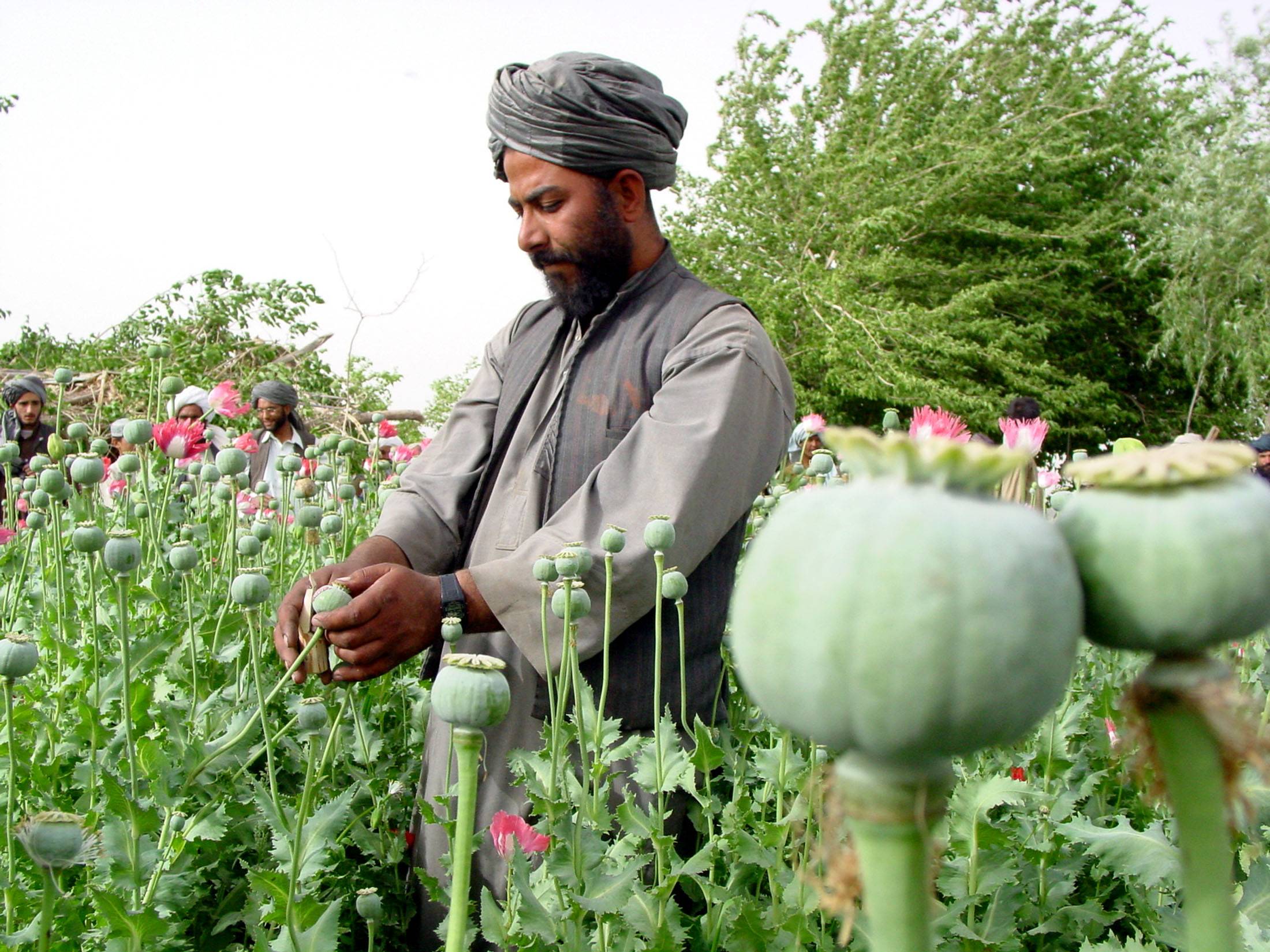The strategic folly of U.S. President Joe Biden’s Afghan policy has been laid bare in recent weeks.
First, the country came back under the control of the Pakistan-reared Taliban. The recent announcement of the interim government’s composition then dashed any remaining (naive) hope that this Taliban regime would be different from the one the United States and its allies ousted in 2001. Beyond the Cabinet, including a who’s who of international terrorism, narcotics kingpins occupy senior positions.
Afghanistan accounts for 85% of the global acreage under opium cultivation, making the Taliban the world’s largest drug cartel. It controls and taxes opioid production, oversees exports, and shields smuggling networks. This is essential to their survival. According to a recent report by the United Nations Security Council monitoring team, the production and trafficking of poppy-based and synthetic drugs remain “the Taliban’s largest single source of income.” So reliant are the Taliban on narcotics trafficking that their leaders have at times fought among themselves over revenue-sharing.


















With your current subscription plan you can comment on stories. However, before writing your first comment, please create a display name in the Profile section of your subscriber account page.